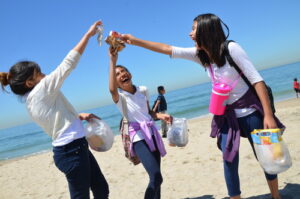Endangered Species Day is celebrated on the third Friday of May each year to focus minds on education and taking action to protect threatened species. It is happening on 20 May 2022 and is the perfect opportunity to focus on the topic of human impact in schools. Discussing issues that are close to home is often a great way to bring learning to life. Read on to find out about Australia’s endangered species and for some great ideas for activities in the classroom and on the coast.
Threatened Australian Marine Species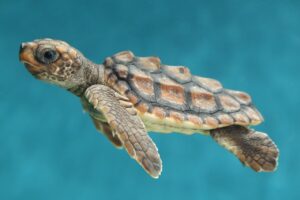
Australia is home to an incredible diversity of marine species. Unfortunately, today a number of Australia’s marine species are registered as threatened and in need of protection. Understanding these threats is the key to inspiring action to protect them, so educating school-aged students (plus the general population!) is crucial.
The following Australian marine species are threatened:
Australian sea lions, dugongs, dolphins, hammerhead sharks, blue fin tuna, whales & sawfish as well as leatherback, loggerhead and the olive ridley turtle.
Threats to Marine Animals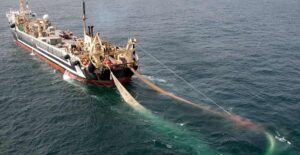
The main threats to marine animals come from humans in the form of:
- Ocean noise
- Ship strikes
- Climate change
- Entanglement in fishing gear
- Plastics and ocean debris
- Over-fishing
- Irresponsible fishing practices
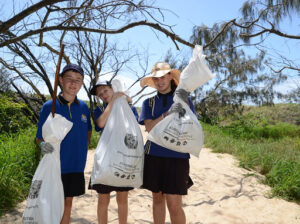 How Can You Protect Marine Animals?
How Can You Protect Marine Animals?
If we look at these threats one by one, it is interesting to note that as individuals we can actually make a difference to all of them. Take ocean noise and ship strikes, we can ensure that when we travel the ocean we do so with competent crew or that if we are the crew, we are mindful of the threats we may pose and take steps to respect the marine environment to the best of our ability. By reducing our unnecessary carbon and single use plastic usage, we can contribute to reducing that threat. As for stray fishing gear and irresponsible practices, we can vote with our feet and try and ensure that we buy seafood that is caught in a responsible manner and pick up any debris we see on the beach or in our waterways. With a little effort from us all, we can make a difference and protect marine animals.
Endangered or Threatened Species?
A threatened species is defined as any plant or animal species that is at risk of extinction. In Queensland, threatened species are classified under the following classes:
Extinct, Extinct in the wild, Critically endangered, Endangered, Vulnerable
Therefore, endangered species means threatened species!
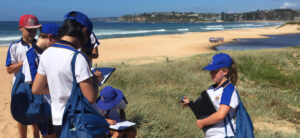 Activities for Endangered Species Day
Activities for Endangered Species Day
- Read an article or book about an endangered species; discuss why it’s endangered and examine ideas to help protect it
- Go on a beach walk and discuss habitats, human impact and how marine animals rely on a healthy environment to survive. Ocean Life Education would be happy to guide a tour for your students.
- Have a class discussion about plastic usage and get the class to focus on their own usage using our free resources (click image for more downloadable activities)
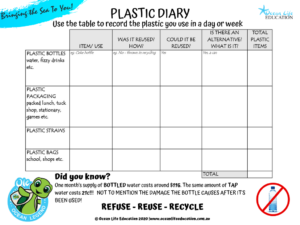
- Schedule an Ocean Life Education incursion focusing on endangered species, why they are endangered, what is being done to help, and how our everyday actions make a difference.
- Here is an outline of our Human Impact incursion. Click the images to find out more…
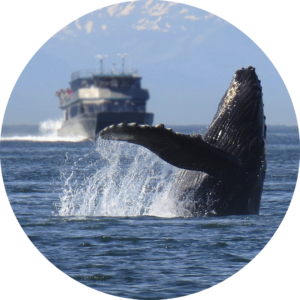 Incursion: Human Impact – The Earth Under Threat
Incursion: Human Impact – The Earth Under Threat
Our conservation & pollution messages influence how students care for the marine environment in their daily lives.
Students will:
*Learn what humans do can harm the marine environment
*Identify how changes to the marine environment; like weather patterns, land clearing, over-fishing and pollution, affect all life
*Realise individuals can make a difference in caring for the marine environment
Further Reading
Free Ocean Life Education Resources and Activities
Endangered Species Resources and Curriculum Ideas



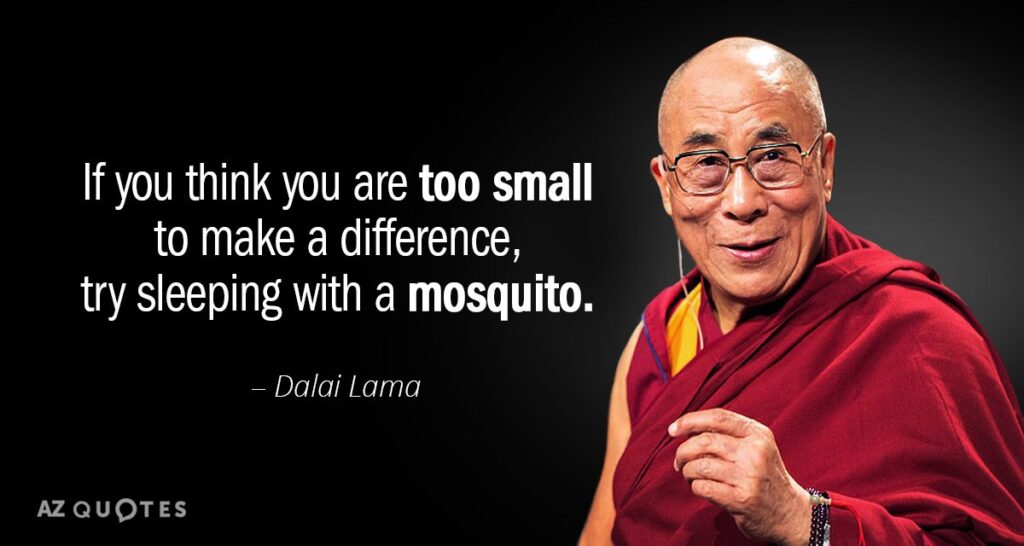
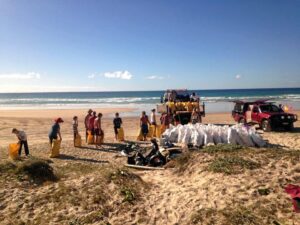

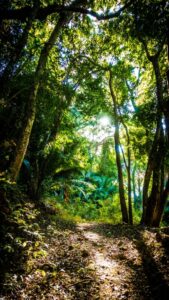
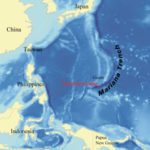 Experts believe that more than 80 percent of the ocean floor is unexplored and has never been mapped. It’s crazy to think that a far larger percentage of the moon and the planet Mars has been mapped than the ocean on the planet where we live!
Experts believe that more than 80 percent of the ocean floor is unexplored and has never been mapped. It’s crazy to think that a far larger percentage of the moon and the planet Mars has been mapped than the ocean on the planet where we live!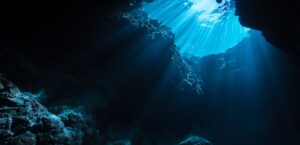 Nowadays, we talk about the earth’s ‘one’ ocean as each named ocean (such as the Pacific Ocean) within it is connected to at least two other oceans, creating one whole ocean.
Nowadays, we talk about the earth’s ‘one’ ocean as each named ocean (such as the Pacific Ocean) within it is connected to at least two other oceans, creating one whole ocean.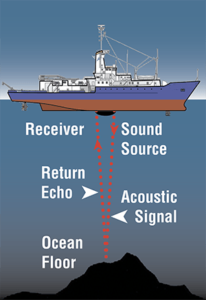
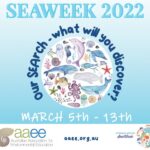
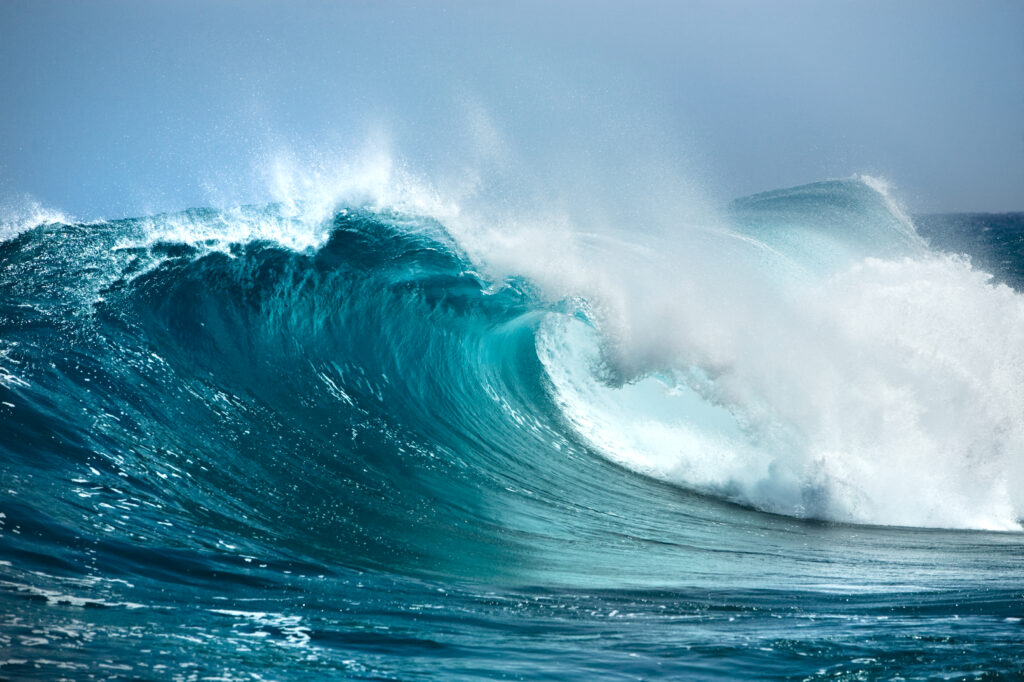
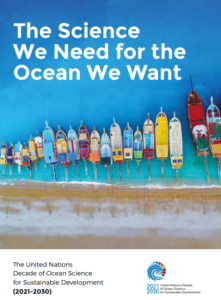 UN ‘Ocean Decade’ – Science for Sustainable Development (2021-2030)
UN ‘Ocean Decade’ – Science for Sustainable Development (2021-2030) 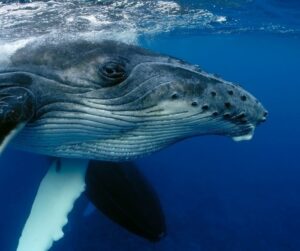 World Whale Day 2022: 20 February
World Whale Day 2022: 20 February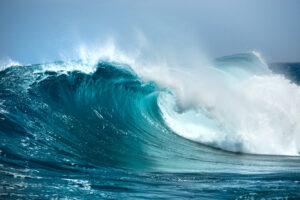
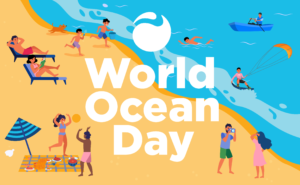
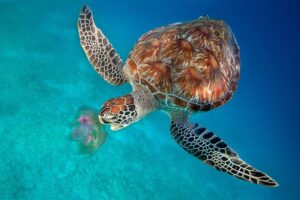 World Sea Turtle Day 2022: 16 June
World Sea Turtle Day 2022: 16 June